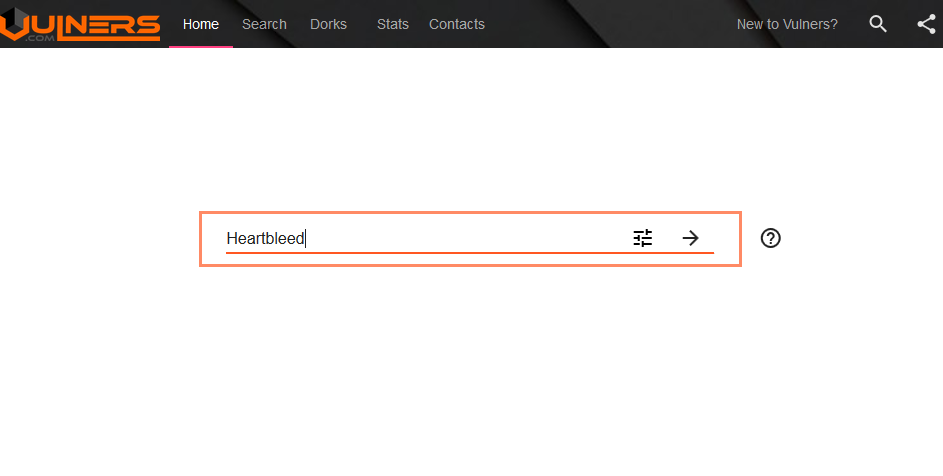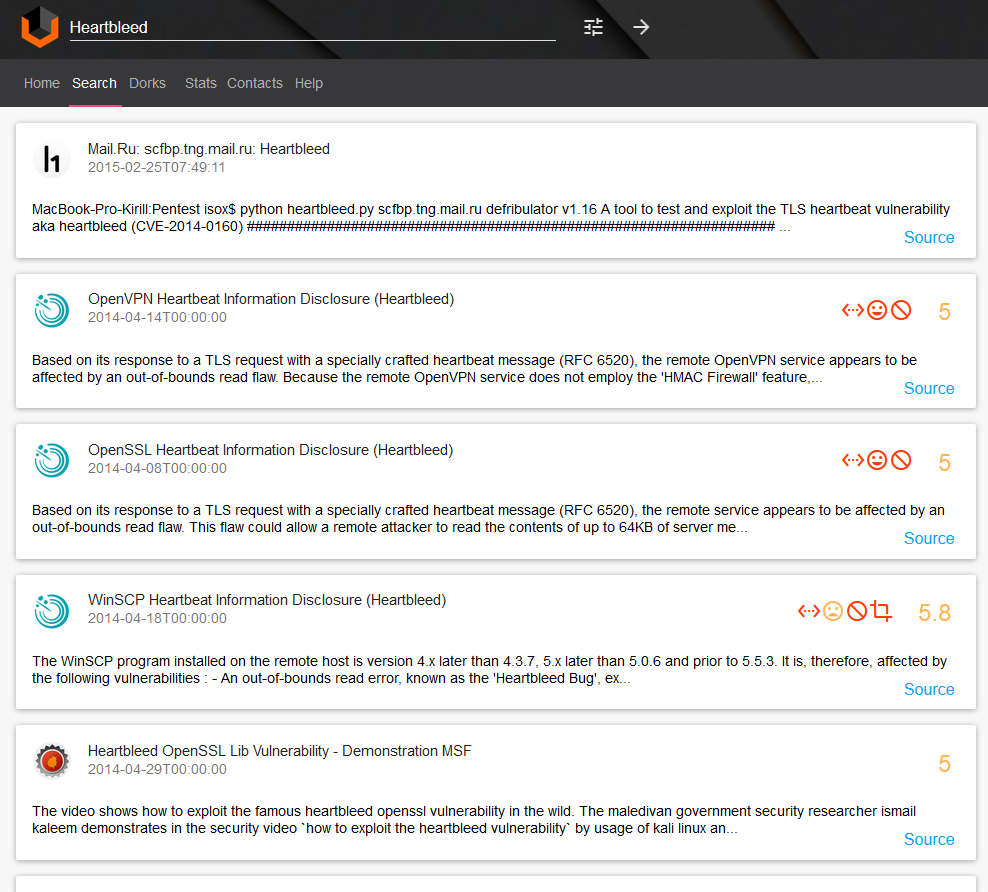PHDays VI: The Standoff. A week ago I was at PHDays (Positive Hack Days) 2016 conference. For those who don’t know, there are two main events for security practitioners in Russia: PHDays in May and ZeroNights in November. Day-Night. Like this play on words. =)

So, it was my 6th PHDays. I visited them all. But on this one for a first time I was as an ordinary visitor and not from organizers side. To be honest, I have never participated in organizing of PHDays, and just seen the final result. So, nothing changed much for me. As usual, organization was at very high level. And it’s not just my opinion, but the opinion of many participants.
Sad things first. And they are likely sad only for me. You know my passion to vulnerability assessment/management systems and scanners. So, despite the fact that Positive Technologies are the organizers of this event and Maxpatrol is still their’s flagman product, it was hard to hear anything related to vulnerability assessment/risk assessment/threat intelligence on PHDays. Isn’t it strange? Could you imagine this at Qualys QSC or Tenable event? Nothing much about critical controls and IT compliance in general.
It’s clear that vulnerability assessment is not already in trends in Russia. All are crazy about SIEM and slightly less about Anti-APT and SCADA security. Sad, but true.
Anyway, I have seen many interesting presentations about honeypots, computer forensics, machine learning and security startups. I also visited a SIEM roundtable with representatives of Positive Technologies, First Russian SIEM (RuSIEM), ArcSight, IBM Qradar, Splunk, and Cisco Systems. More details under the cut.



